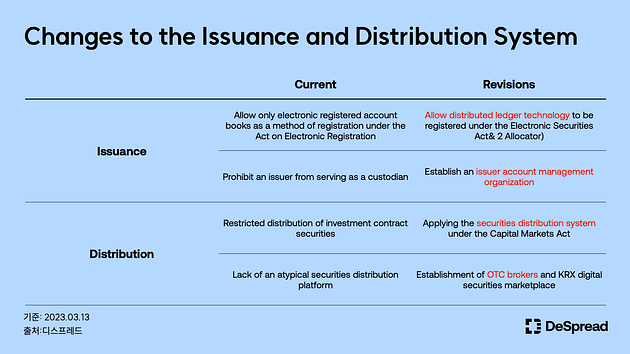Issuing Secure Tokens: Enhancing Digital Authentication The process of secure token issuance plays a pivotal role in modern digital authentication…
Read More

Issuing Secure Tokens: Enhancing Digital Authentication The process of secure token issuance plays a pivotal role in modern digital authentication…
Read More
The Foundation of Digital Security Public Key Infrastructure (PKI) stands as a foundational element in the realm of digital security,…
Read More